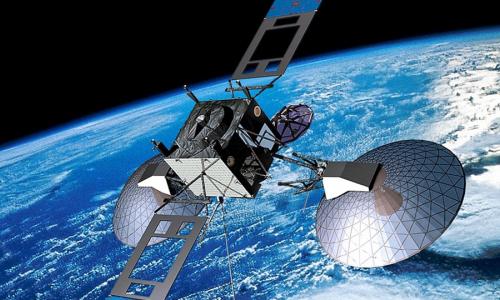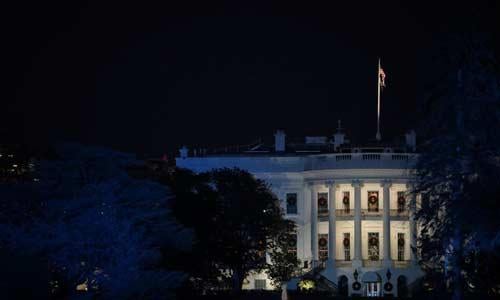While civilians use satellites for TV, GPS, and other communications, militaries rely on them too. Over 25 percent of US satellites are operated by the military.
Militarization does not, however, mean weaponization. In the United States, proposed space weapons (not yet active in space) include both “anti-satellite” weapons (ASAT) and space-based missile defense systems.
Attacks on satellites during a conflict, or during a time of tension leading to a conflict, are a very real possibility—but space weapons are a counterproductive, dangerous, and destabilizing precedent.
Weaponization is the wrong choice
To enhance US space security, the United States should resist funding space weapons, including missile defense interceptors and ASAT weapons.
Instead, the United States should actively work with the international community to develop international rules and laws that safeguard space and manage space traffic. We should also invest in viable backup systems that rapidly replace or bypass damaged satellites.
By making satellite systems less vulnerable to attack—and by providing diplomatic structures for conflict resolution—the United States would reduce the risk that conflicts in space might lead to conflicts on the ground.





